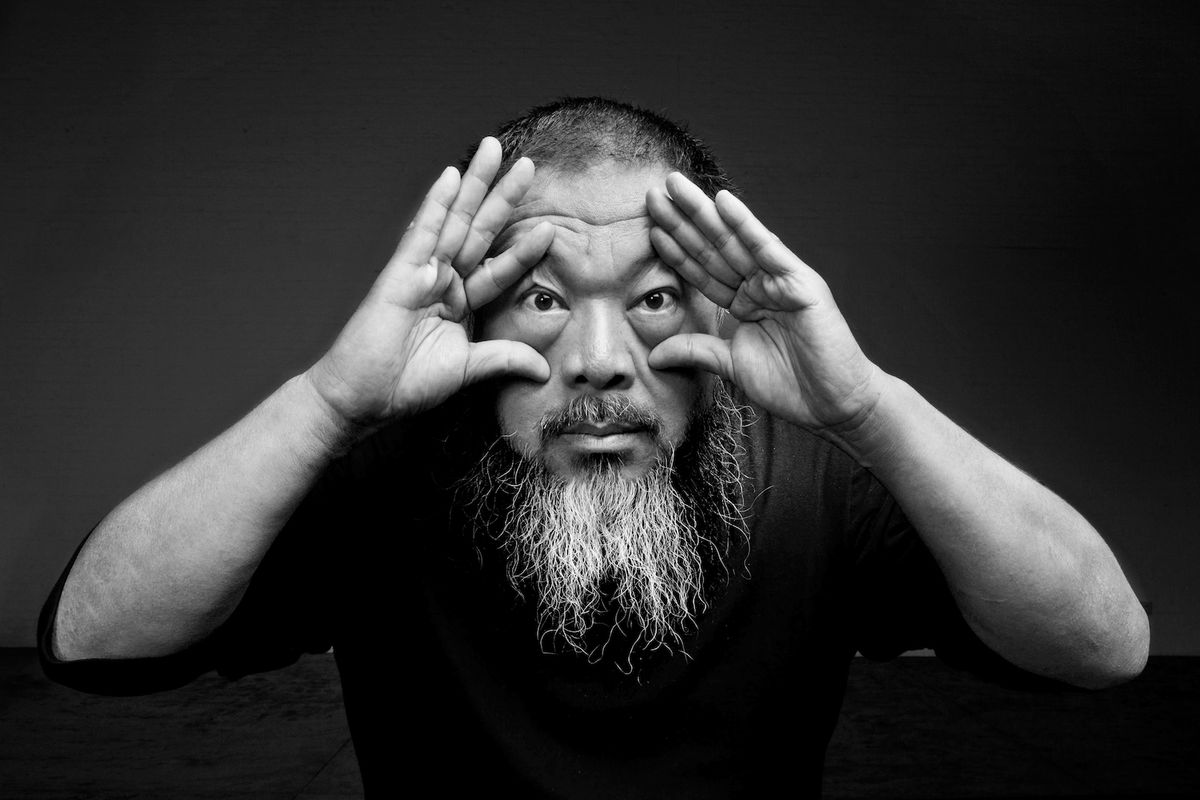The activist artist Ai Weiwei will address the Rohingya refugee crisis—in which more than 700,000 Burmese Rohingya were murdered, forcibly displaced or fled from the Rakhine state of Myanmar to Bangladesh in 2015—in a forthcoming documentary that aims to consider “a crisis that has almost been forgotten”, the artist says. While details are still under wraps, the film is in the post-production stage and is due to debut by the end of the year.
“A large part of human society is living in this kind of isolation and difficult situation, not just in Myanmar but many other refugee camps around the world,” he says. The coronavirus pandemic—which Weiwei will also address in a documentary he is currently filming—perhaps “makes everyone really understand what it’s like to be isolated, even though we have water, toilets, three meals a day and a comfortable bed. It’s still not normal”.
The artist discussed the forthcoming documentaries with Arnold Lehman—the senior advisor of Phillips auction house and the director emeritus of the Brooklyn Museum in New York—as part of the third installment of Phillips’ weekly Art Matters @ Home series, an ongoing programme of conversations between Lehman and art dealers, artists and other voices in the art world.
Currently on lockdown in Cambridge, England, with his eleven-year-old son and his girlfriend, the artist says that ongoing “safer-at-home” orders amid the pandemic reminds him of his three-month detention in 2011 in Beijing due to accusations of tax evasion. “There’s not two military officers in the room, but otherwise it’s the same,” Ai says. “It’s still isolation from the outside world, but now we at least we have internet [and] there’s plenty of time for cooking.”


